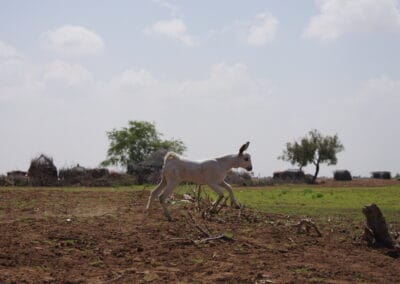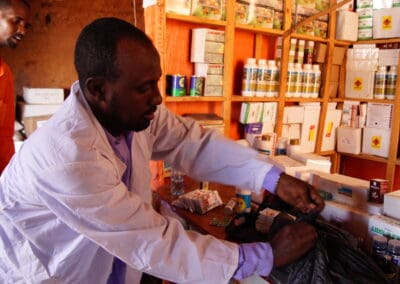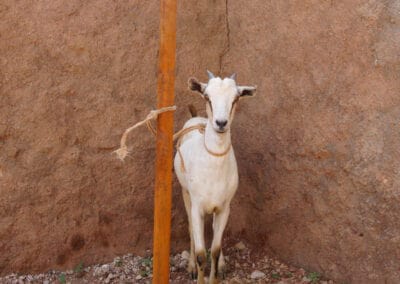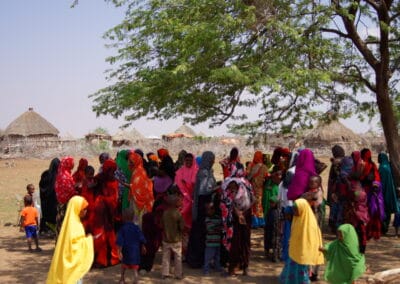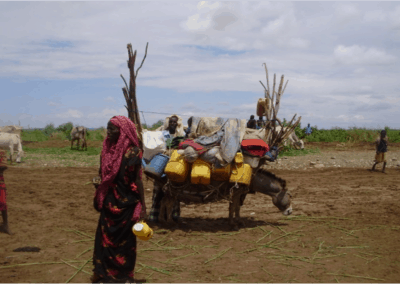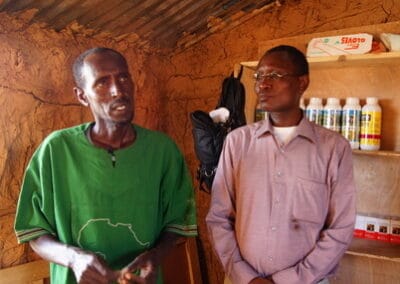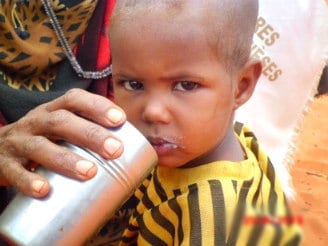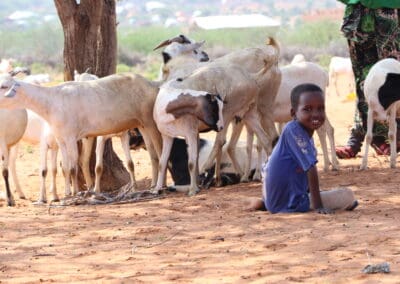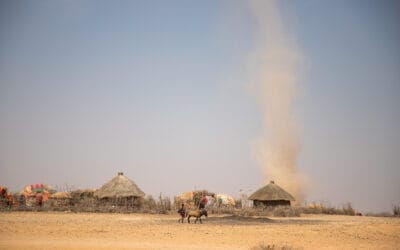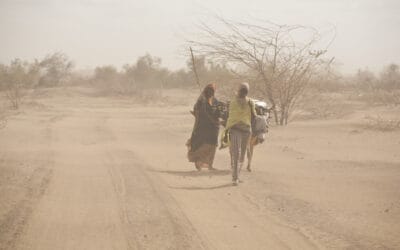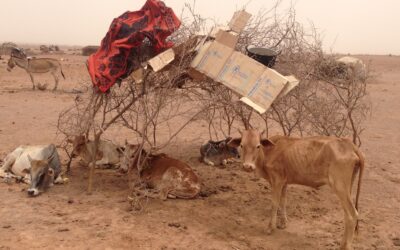Emergency Support to improve resilience of pastoralists affected by recurrent drought (Project HRF NOGOB JARAR)
Project Overview
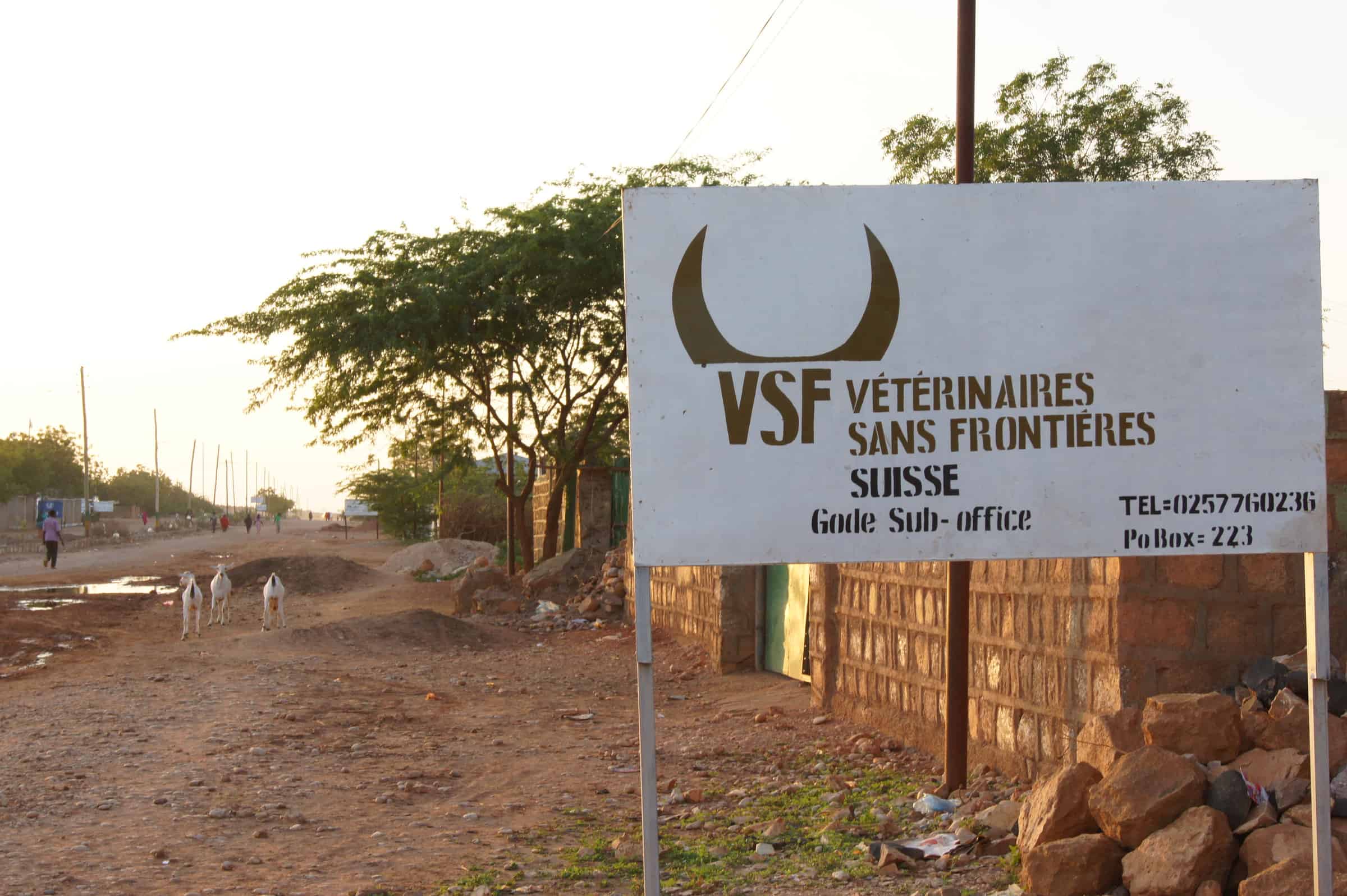
Country
Ethiopia
Project name
Project status
Completed
Duration of the project
| Start: | 15.01.2014 |
| End: | 15.10.2014 |
| 9 months |
Budget
Donors
UN OCHA
Project area
Topics
Tags
Background
In the Nogob and Jarar zones, people suffer from huge problems from livestock diseases due to lack of proper veterinary care, support services, and drug supply systems. Hence, there has been severe undermining of livelihoods and the general food security situation in the targeted areas. Thus, an immediate emergency intervention and a sustained response of VSF-Suisse over nine months will help alleviate drought related emergencies, maintain food and nutrition security, and protect the livelihoods of the most vulnerable pastoralist families in the area.
Project:
Animal health support is a core livelihood-based intervention in pastoral areas considering the huge production losses caused by widespread livestock mortality throughout the year and especially during drought events. . . Animal health interventions bring immediate and substantial benefits to pastoralists by preserving their main livelihood asset, which is their livestock. According to the impact assessment report of VSF-Suisse in 2013, redistribution of milking goats to drought affected households targeting malnourished children under the age of 5, has been proven to be very successful in sustainably addressing malnutrition.
The project targets food insecure and vulnerable households and aims at increasing the availability of animal proteins. The households’ diet is diversified by introducing milking goats and therefore improving access to goat milk. Community members can increase their income by selling their livestock and thereby support the local markets with cash injections. Moreover, household assets increase as the milking goats will further reproduce.
The VSF-Suisse’s project intervention also involves the provision of veterinary services to livestock producers in targeted areas through a voucher scheme. By training veterinary auxiliaires and distributing treatment and medication vouchers, the local animal health system is strengthened. Community based animal health workers (CAHWs) play a pivotal role in reducing morbidity and mortality of the herds, and VSF-Suisse provides them with basic veterinary kits and drug supply.The livestock drugs voucher distribution ensures the protection of the key livestock assets required for early recovery after eventual drought events.
Further projects in the country
Active projects:
No Results Found
The page you requested could not be found. Try refining your search, or use the navigation above to locate the post.
Finished Projects:
.
Update: Drought and food crisis in the Horn of Africa
Picture: Somali region, Ethiopia © FAO/Michael Tewelde The food crisis in the Horn of Africa has been worsening despite major humanitarian efforts and the latest forecasts for the coming months are worrying. The ongoing drought, rising food prices, lack of...
Severe drought in the Horn of Africa intensifies
Following drought disasters in 2011 and 2016-2019, the countries of Somalia, Kenya and Ethiopia in the Horn of Africa are once again in a precarious situation. The dire effects of the current drought on the region's people and animals are compounded by additional...
Drought in Dawa zone in Ethiopia claims 47,000 animal lives, food insecurity increases
The Dawa zone in Ethiopia has been struggling with severe drought for more than a year. The local administration and government, together with their humanitarian partners, including VSF-Suisse, analyzed the situation at the end of October. The report, which you can...

